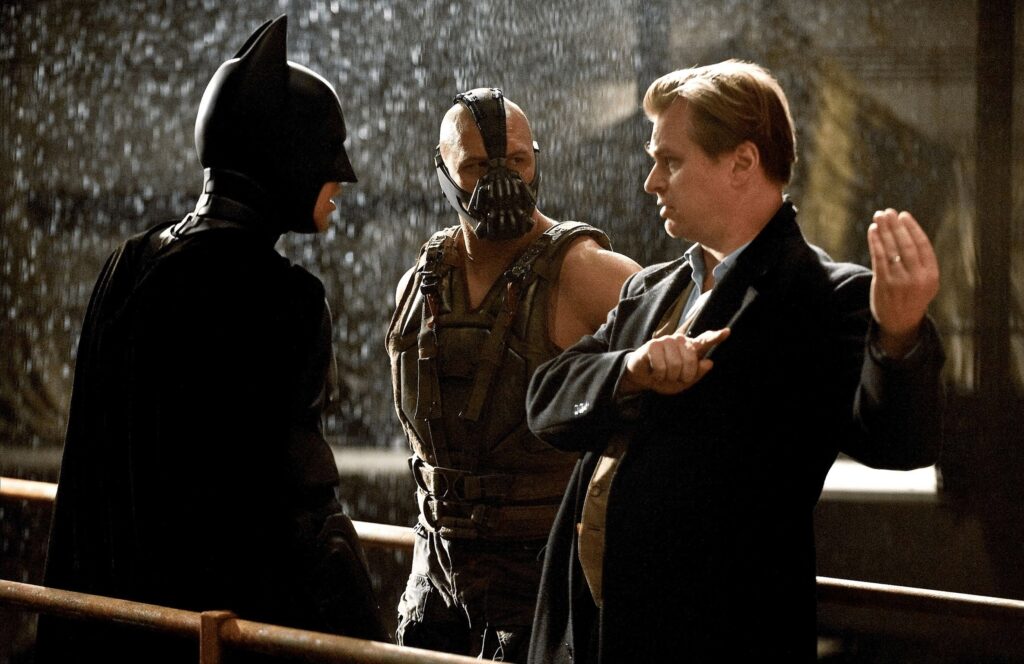When the curtains fell on The Dark Knight Rises, fans of the caped crusader were left with a bittersweet feeling. The trilogy had reached its crescendo, delivering a superhero saga that was as emotionally resonant as it was visually spectacular. Yet, the absence of a direct follow-up to Christopher Nolan’s magnum opus has been a topic of much discussion. Let’s delve into the reasons that have kept the Dark Knight from returning in a direct sequel.
Christopher Nolan’s Vision
At the heart of the trilogy’s standalone legacy lies Christopher Nolan’s vision. Nolan crafted a narrative arc that was self-contained, with no plans to extend it beyond the third film. When writer-director Christopher Nolan completed Batman Begins in 2005, he had no plans for a sequel, let alone a trilogy. But seven years later, with The Dark Knight Rises, he has not only completed a cycle of films that has built in intensity and grandeur but also redefined what superhero movies can be — while also grossing nearly $2.5 billion worldwide.
This statement encapsulates his approach to storytelling, one that prioritizes sincerity over didacticism. 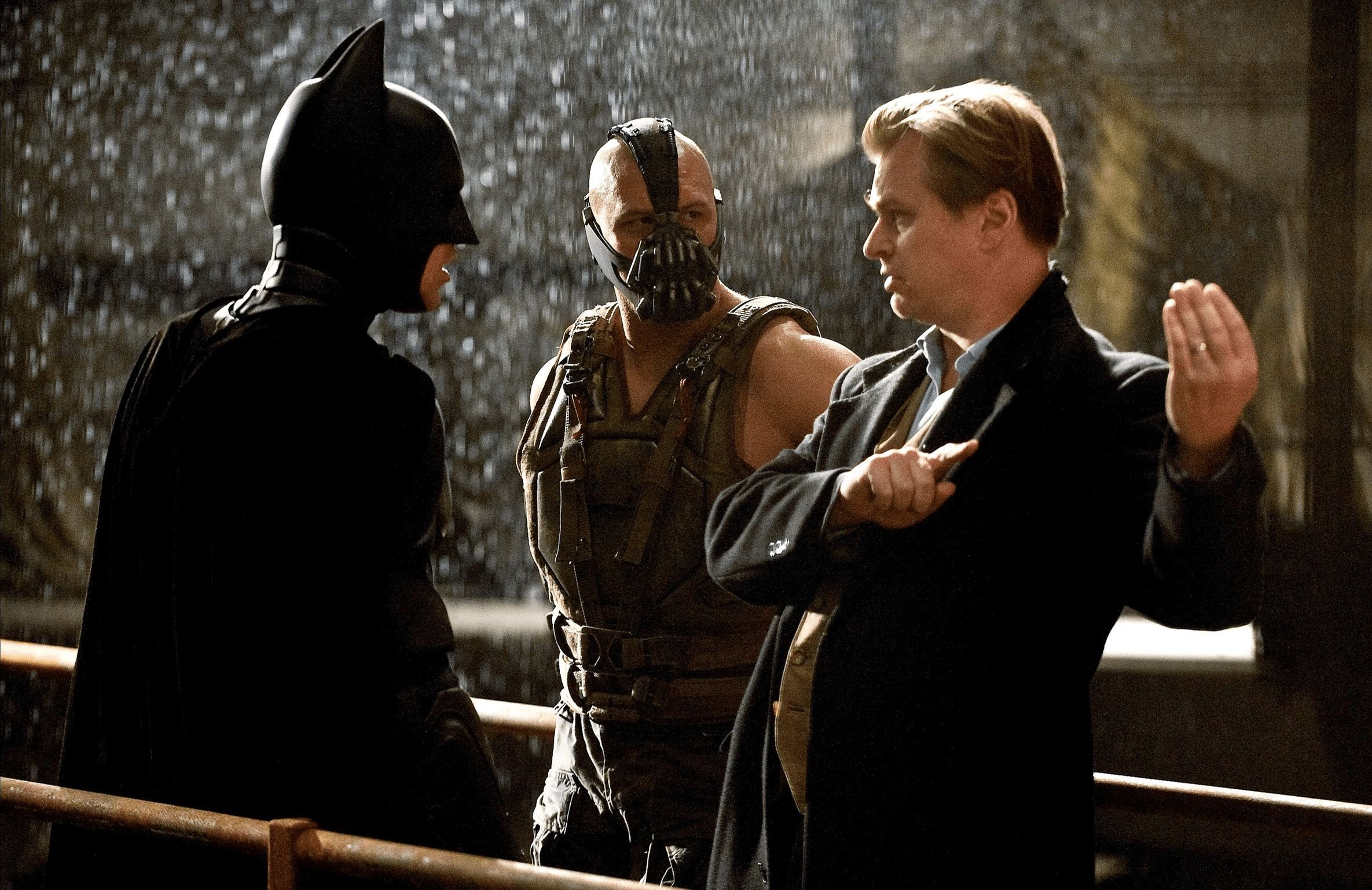
Narrative Completion
The ending of ‘The Dark Knight Rises’ provided a conclusive end to Bruce Wayne’s journey, leaving little room for continuation. The narrative completion is emphasized by Jonathan Nolan’s words: All of these films have threatened to turn Gotham inside out and to collapse it on itself. None of them have actually achieved that until this film.
With such finality, it’s clear why there hasn’t been a direct sequel; the story was always meant to conclude with Bruce Wayne finding peace away from Gotham’s chaos. 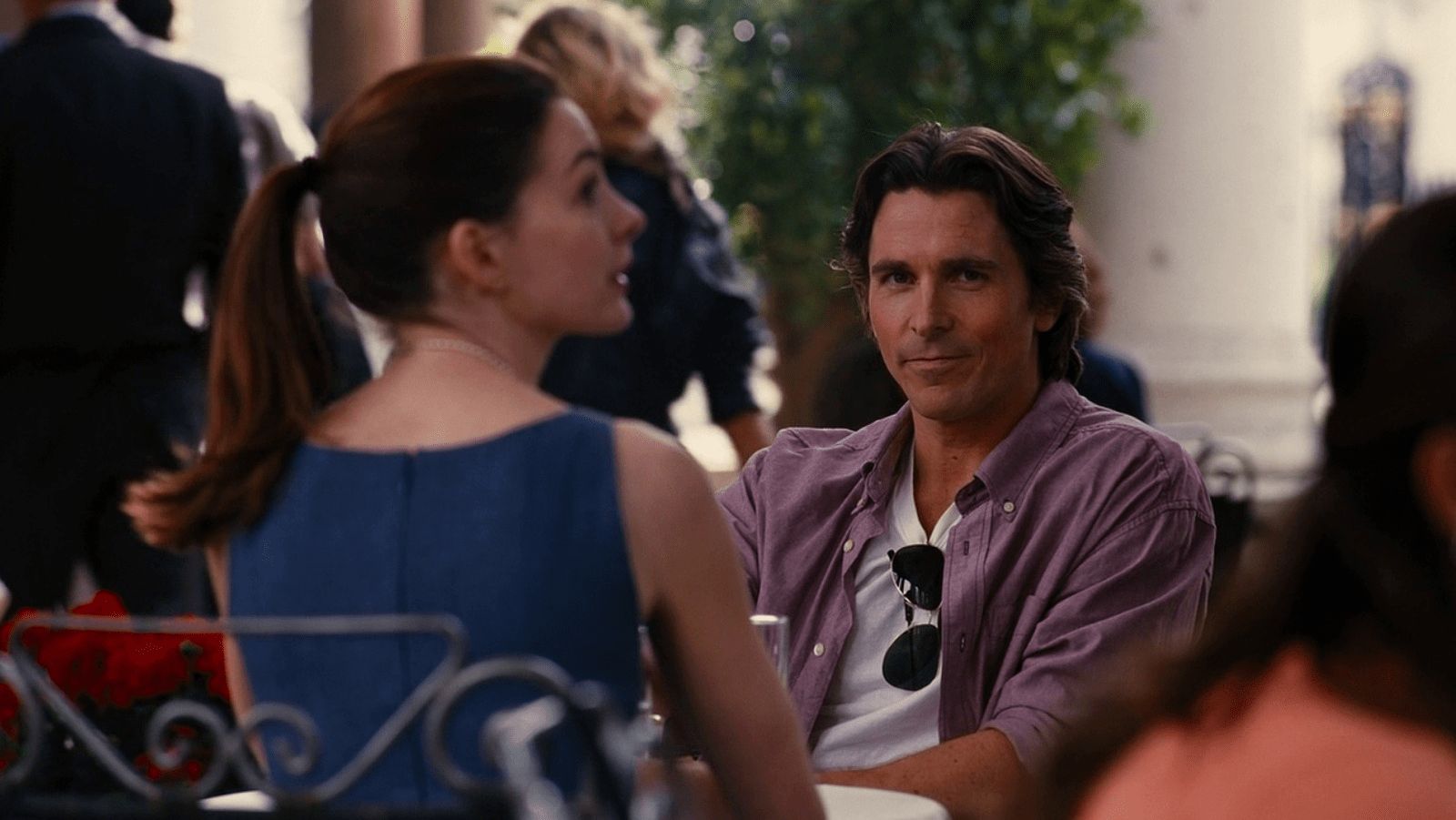

Heath Ledger’s Death
The untimely passing of Heath Ledger, who delivered an iconic performance as the Joker, cast a shadow over the franchise. Although the research material does not directly address this tragedy or its impact on future films, it’s widely acknowledged that Ledger’s death added an aura of poignancy to the trilogy and may have influenced Nolan’s decision not to pursue further installments featuring the character. 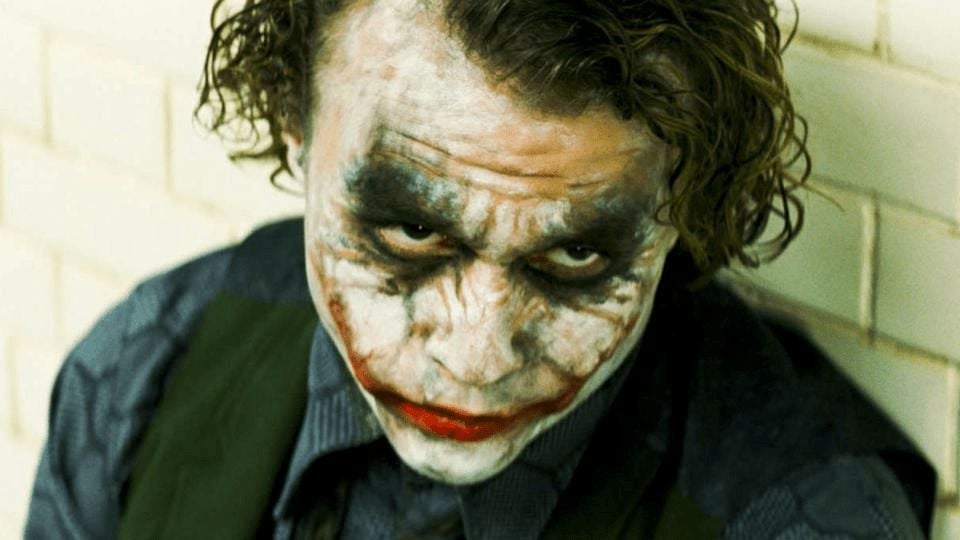

Warner Bros Shift in Strategy
In recent years, Warner Bros. has embraced a new direction with their DC properties, aiming for a shared cinematic universe similar to Marvel’s successful model. This strategic shift indicates a move away from standalone trilogies like Nolan’s towards interconnected narratives across multiple films and characters. 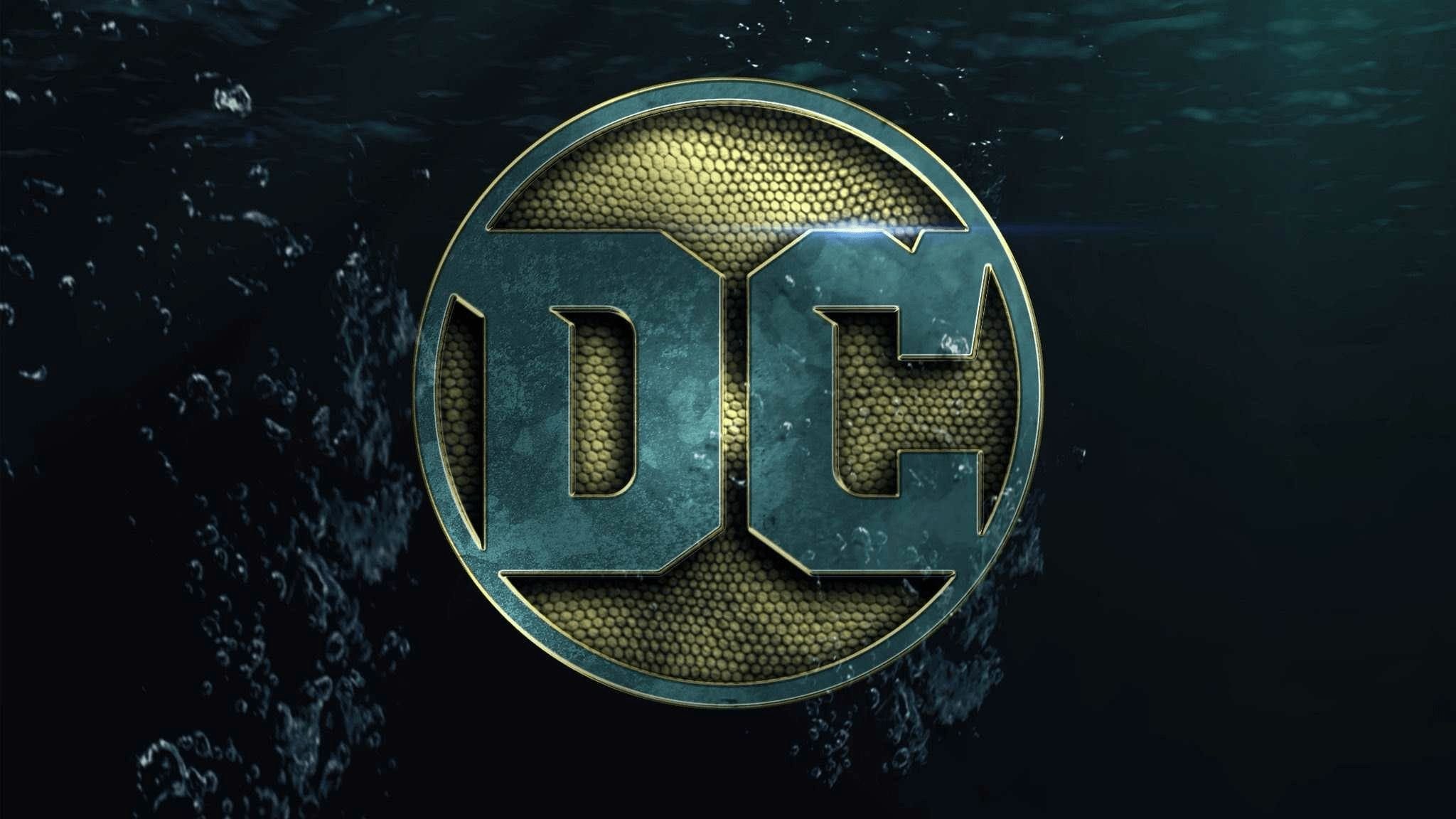

Fan Expectations and Risks
The legacy of Nolan’s trilogy set expectations incredibly high for any potential follow-ups. The risk of not meeting or surpassing those expectations is significant, especially considering the unique and definitive wrap-up provided by The Dark Knight Rises. As one source puts it: The Dark Knight Rises came out a full decade ago, and it marks the last time a major superhero story was allowed to definitively wrap up.
Any attempt at a sequel would not only need to respect this legacy but also offer something new and equally compelling.
Creative Freedom for New Directors
The conclusion of Nolan’s trilogy opened up opportunities for other filmmakers to reimagine Batman in their own unique way, without being anchored to his interpretation. This creative freedom is essential for keeping the character fresh and relevant for new audiences. Directors like Matt Reeves have since stepped into the role, bringing their own vision to life with films like ‘The Batman’. 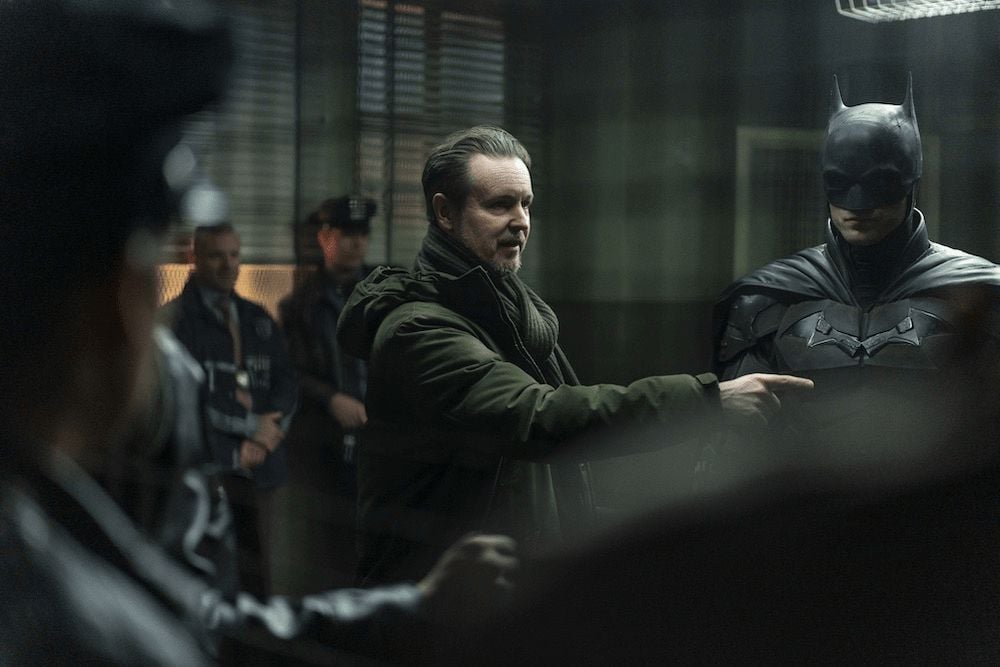

In summing up, while fans may yearn for more tales from Nolan’s Gotham City, it’s evident that the combination of artistic vision, narrative closure, real-life tragedy, strategic shifts at Warner Bros., fan expectations, and the desire for creative freedom have all played their parts in why we haven’t seen a direct follow-up to the Dark Knight Trilogy. Its influence on subsequent superhero films remains indelible, ensuring its place in cinema history as a complete and standalone masterpiece.

